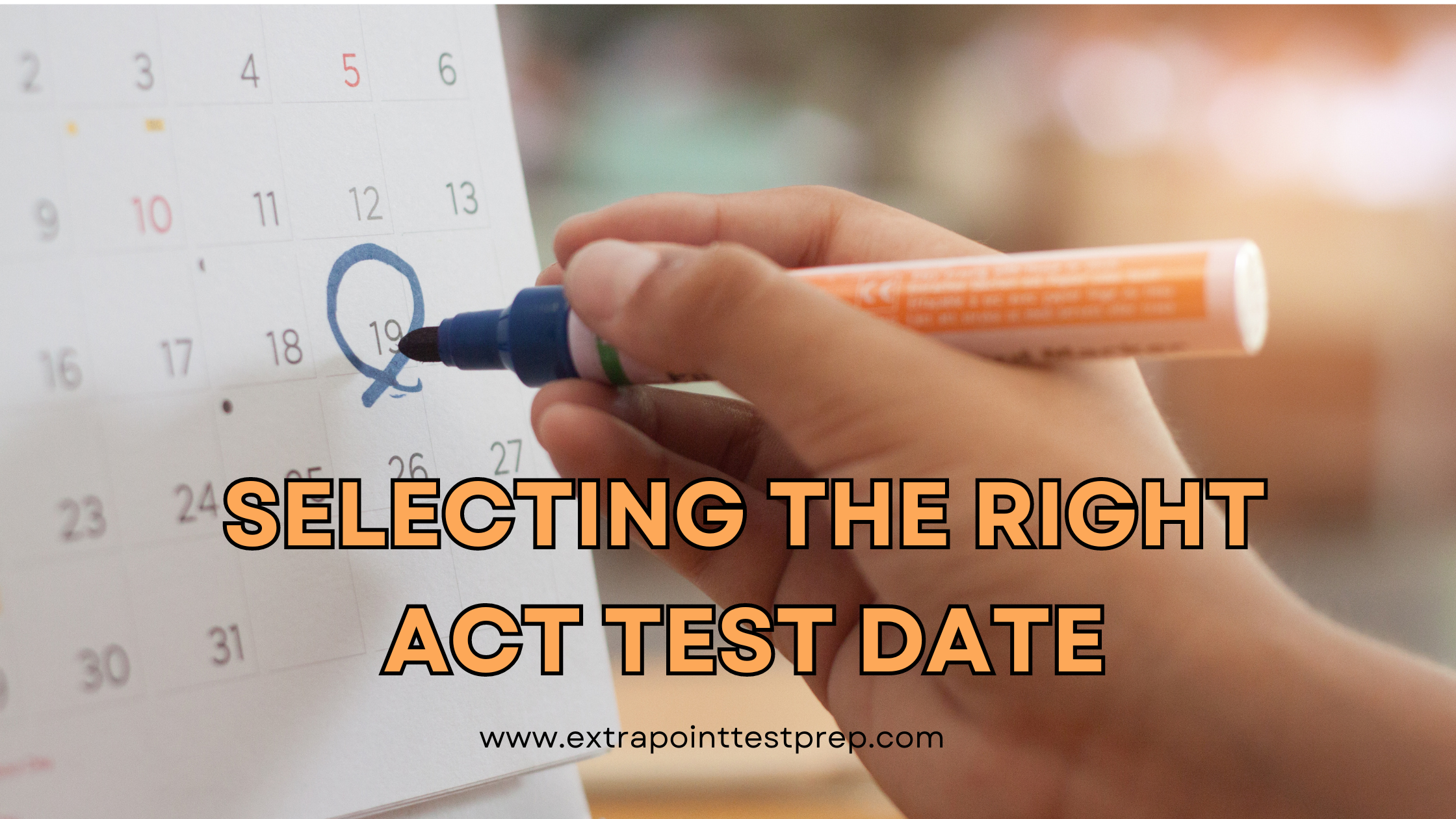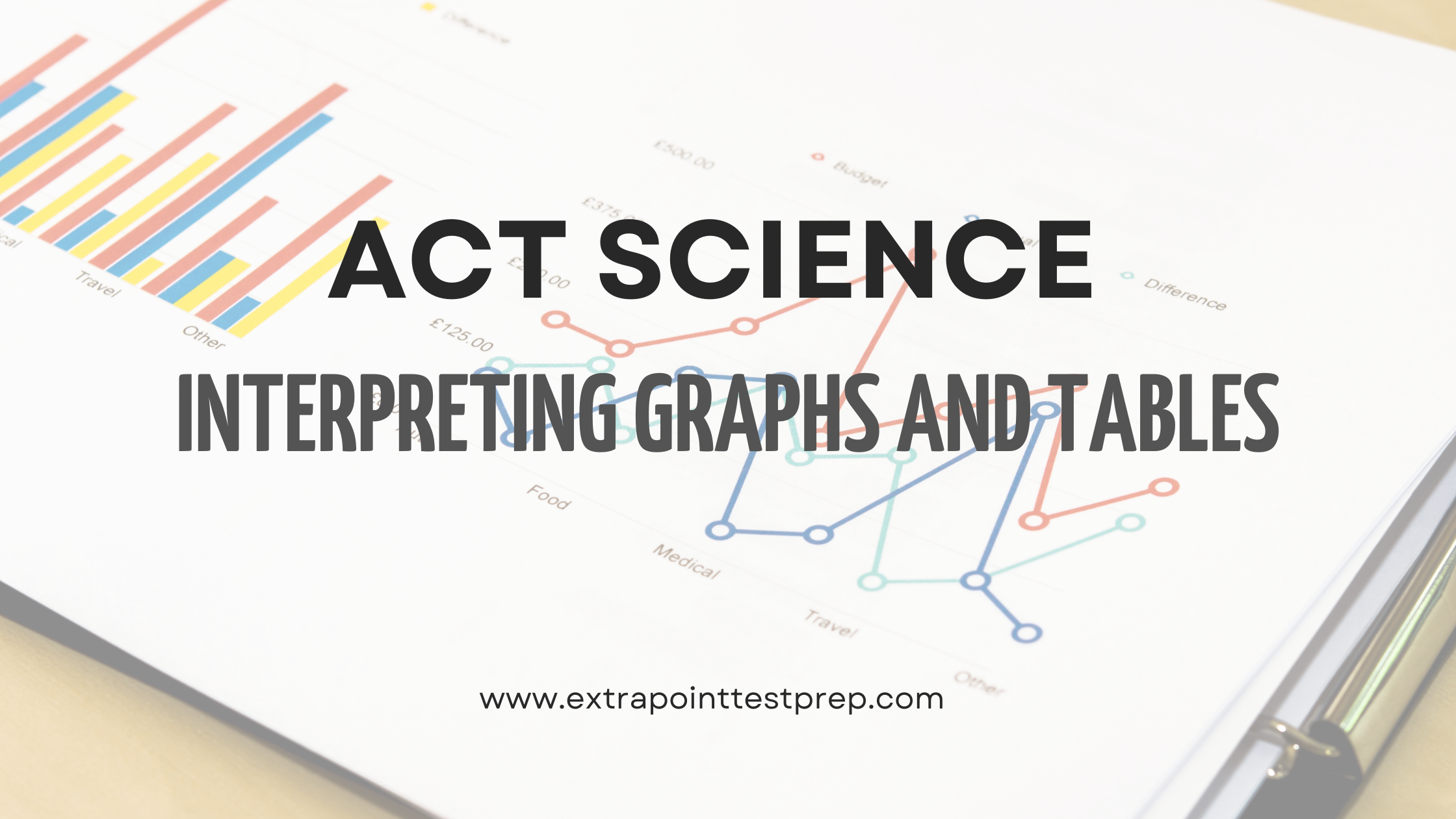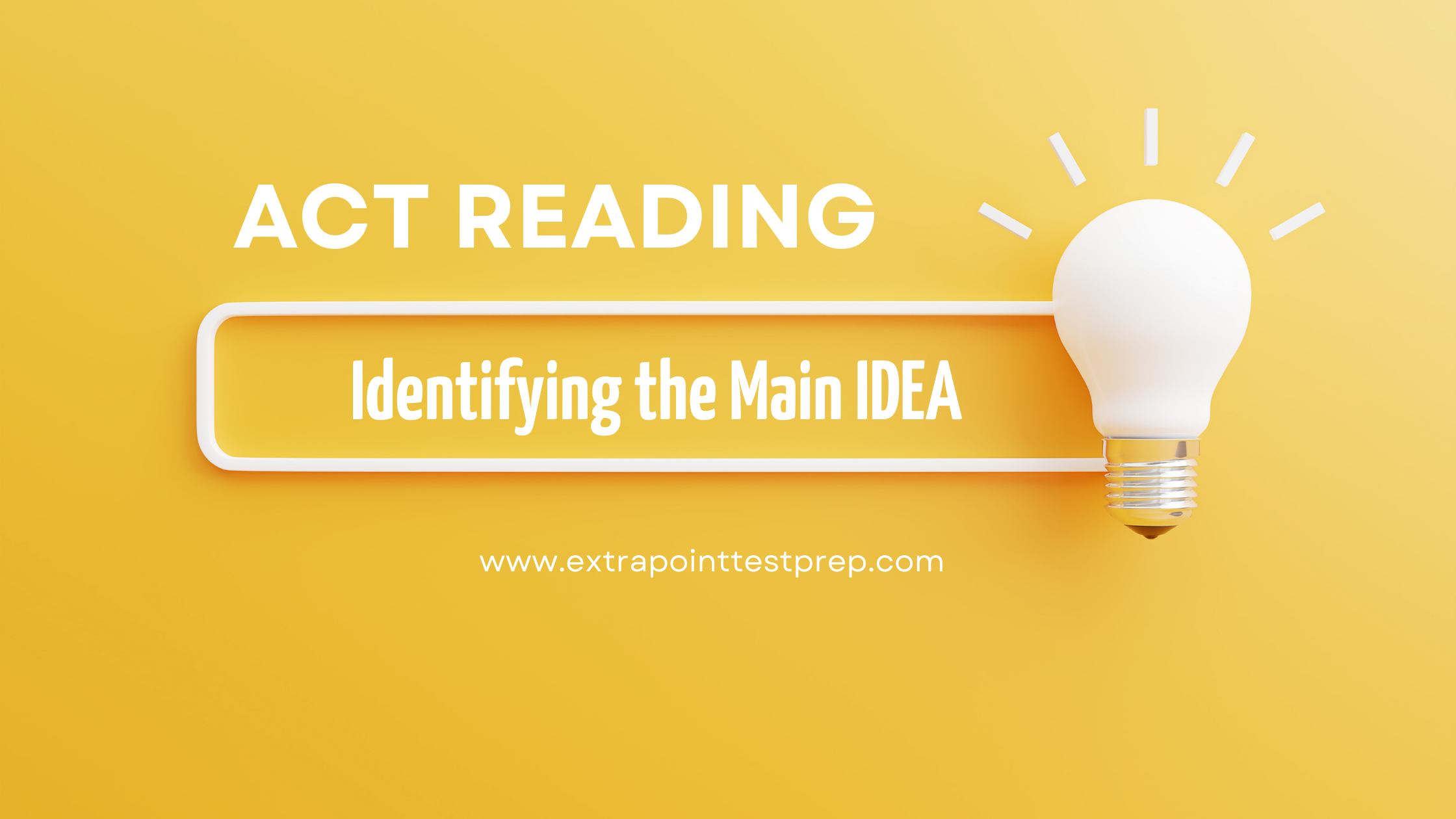Selecting the right ACT test date is a crucial step in your college preparation journey. The date you choose can impact your study schedule, application timeline, and overall performance. To ensure you’re fully prepared and can perform your best, here’s a guide on how to choose the best ACT test date for you.
1. Assess Your Schedule and Commitments
Why It Matters: Your personal, academic, and extracurricular commitments can significantly affect your preparation and test day performance. Choosing a date that aligns well with your schedule can help you manage your time and reduce stress.
Look at your school calendar and avoid test dates that coincide with major exams, projects, or other academic deadlines. Consider sports seasons, clubs, jobs, or any other activities that might take up significant time and energy. Account for family vacations, holidays, or other personal events that might conflict with your study schedule or test date.
2. Allow Ample Time for Preparation
Why It Matters: Adequate preparation time is essential for mastering the material and improving your score. Scheduling your test date too soon can leave you underprepared, while too late might not allow for retakes if needed.
Take a diagnostic practice test to gauge your starting point. This will help you determine how much time you need to prepare. Next, plan a study schedule that fits your lifestyle, aiming for at least 2-3 months of focused preparation. If you’re aiming for a specific score or applying to competitive colleges, schedule your first test early enough to allow time for retakes before application deadlines.
3. Align with College Application Deadlines
Why It Matters: Your test scores need to be available in time to meet college application deadlines. Late scores can delay your application or make you miss important scholarship opportunities.
Check the application deadlines for the colleges you’re interested in, including early action or early decision timelines. Factor in the time it takes for ACT scores to be released, usually 2-8 weeks after the test date. If you might need to retake the ACT, choose an initial test date that leaves enough time before your application deadlines.
4. Consider Test Date Options
Why It Matters: The ACT is offered several times a year, typically in February, April, June, July, September, October, and December. Choosing the right date can depend on factors like weather, school workload, and personal preferences.
Spring vs. Fall Testing: Spring dates (April, June) can work well if you prefer to study over winter or if you’re balancing other college prep activities. Fall dates (September, October) might be better if you want to focus on test prep over the summer. Consider the weather in your area during the test dates and how it might affect travel or your comfort on test day. Some schools offer ACT prep courses that align with certain test dates. Check with your school to see if any test dates are recommended.
5. Check for Conflicts with Other Standardized Tests
Why It Matters: If you’re taking multiple standardized tests (e.g., SAT, AP exams), it’s important to space them out to avoid burnout and ensure you have enough time to prepare for each one.
If you’re taking AP exams in May, consider scheduling your ACT for April or June to avoid overlap. If you’re also taking the SAT, plan to take these tests on separate dates, giving yourself time to prepare for each. Try not to schedule standardized tests on consecutive weekends to give yourself a mental break.
6. Consider Your Personal Preferences
Why It Matters: Your personal study habits, test-taking preferences, and comfort levels can influence your performance. Choosing a date that fits your natural rhythm can help you feel more confident and relaxed on test day.
Conclusion
Choosing the best ACT test date involves careful consideration of your schedule, preparation needs, college application deadlines, and personal preferences. By taking the time to assess these factors, you can select a test date that allows you to be fully prepared, relaxed, and ready to perform at your best. Remember, the goal is to give yourself the best possible chance to succeed, so choose a date that aligns with your unique circumstances and goals. Good luck!



